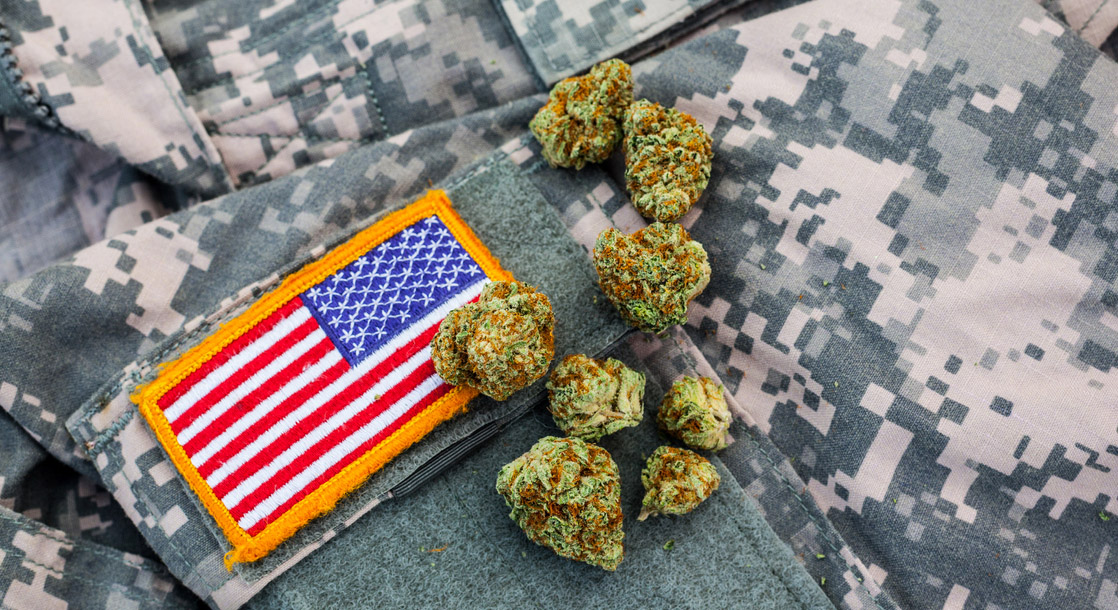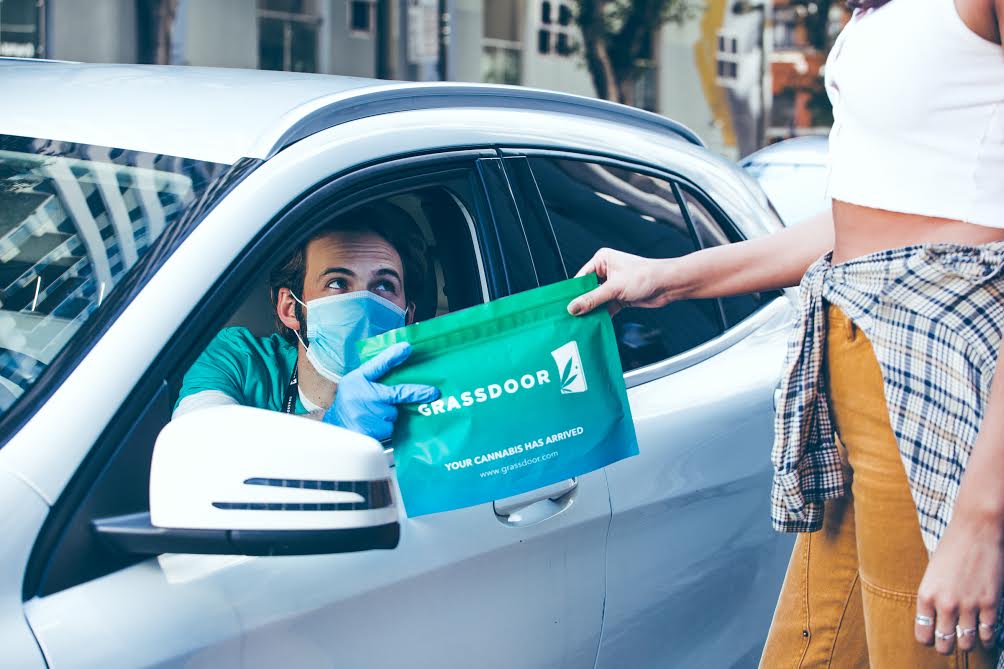Michigan is using $20 million of adult-use pot tax revenue to fund research exploring how medical cannabis can help veterans suffering from PTSD, depression, and substance abuse.
The state Marijuana Regulatory Agency (MRA) just announced that it will award two grants to research studies under the state’s Veteran Marijuana Research Grant Program. This program, which was established by the state’s voter-approved adult-use law in 2018, sets aside $20 million of cannabis tax revenue to fund research into using medical marijuana to treat PTSD and other conditions prevalent among military veterans.
This year, the MRA has chosen to award nearly $13 million to the Multidisciplinary Association for Psychedelic Studies (MAPS) to fund the second phase of a larger study exploring inhaled cannabis flower as a treatment for PTSD. Unfortunately, the Phase 1 portion of the study, which was published this spring, found that cannabis did not significantly improve PTSD symptoms.
This initial phase of the study was conducted using incredibly poor-quality research weed provided by the federal government, however, and researchers believe that this notoriously shitty schwag may be responsible for the study’s lackluster findings. Now, with help from Michigan’s grant, MAPS will be kicking off Phase 2 of the trial, which has been designed to completely avoid the confounding influence of low-THC government grass.
For this new phase of the trial, 320 veterans will self-administer “inhaled, self-titrated doses of high-quality botanical cannabis on an outpatient basis for treatment of PTSD,” Marijuana Moment reports. And instead of relying on trashy government weed, researchers will import top-shelf flower from a regulated cannabis producer outside the US.
In addition to providing higher-quality cannabis, the new trial will also improve on prior research by allowing subjects to smoke as much or as little weed as they choose. Allowing subjects to set their own dosages will more accurately model real-world situations where veterans choose and purchase quality bud from state-legal dispensaries and use it in the comfort of their own homes.
If the trial is a success, MAPS will launch a much larger Phase 3 study. And if this study is also a success, the organization will work to develop a plant-based pharmaceutical cannabis product that would be fully approved by the US Food and Drug Administration (FDA). Once approved by the FDA, this new product would become eligible for veterans’ insurance, even if the federal government continues to prohibit cannabis as a whole.
“Michiganders are granting non-profit researchers the opportunity to establish whether marijuana is helpful for veterans with PTSD,” said MAPS founder and executive director Rick Doblin in a statement. “If so, we will seek to return that generosity by developing a public-benefit cannabis pharmaceutical product that would be eligible for insurance coverage, just like any other pharmaceutical drug.”
The MRA also granted another $7 million worth of weed tax revenue to a second program developed by Wayne State University’s Bureau of Community Action and Economic Opportunity. For this program, the university will partner with researchers to investigate how cannabis can be used to treat a variety of mental health disorders that commonly affect veterans, including PTSD, anxiety, sleep disorders, depression and suicidality.
The US government still refuses to consider weed to be medically useful, so current research into using medical cannabis to help veterans must rely on private grants and state-led programs like Michigan’s grant program. The Department of Veterans Affairs blocks its doctors from discussing pot with patients, and any veteran that is caught using weed is at risk of losing their benefits. Lawmakers have proposed numerous bills to grant veterans access to medicine, but conservatives – even within the current Biden administration – continue to shut these bills down.
“In Israel and Canada, veterans are able to use a certain amount of cannabis per day and have it reimbursed through their veterans health service programs,” Berra Yazar-Klosinki, chief scientific officer for MAPS Public Benefit Corporation, told Marijuana Moment. If these new research studies succeed, American veterans may finally be able to enjoy these same benefits.











